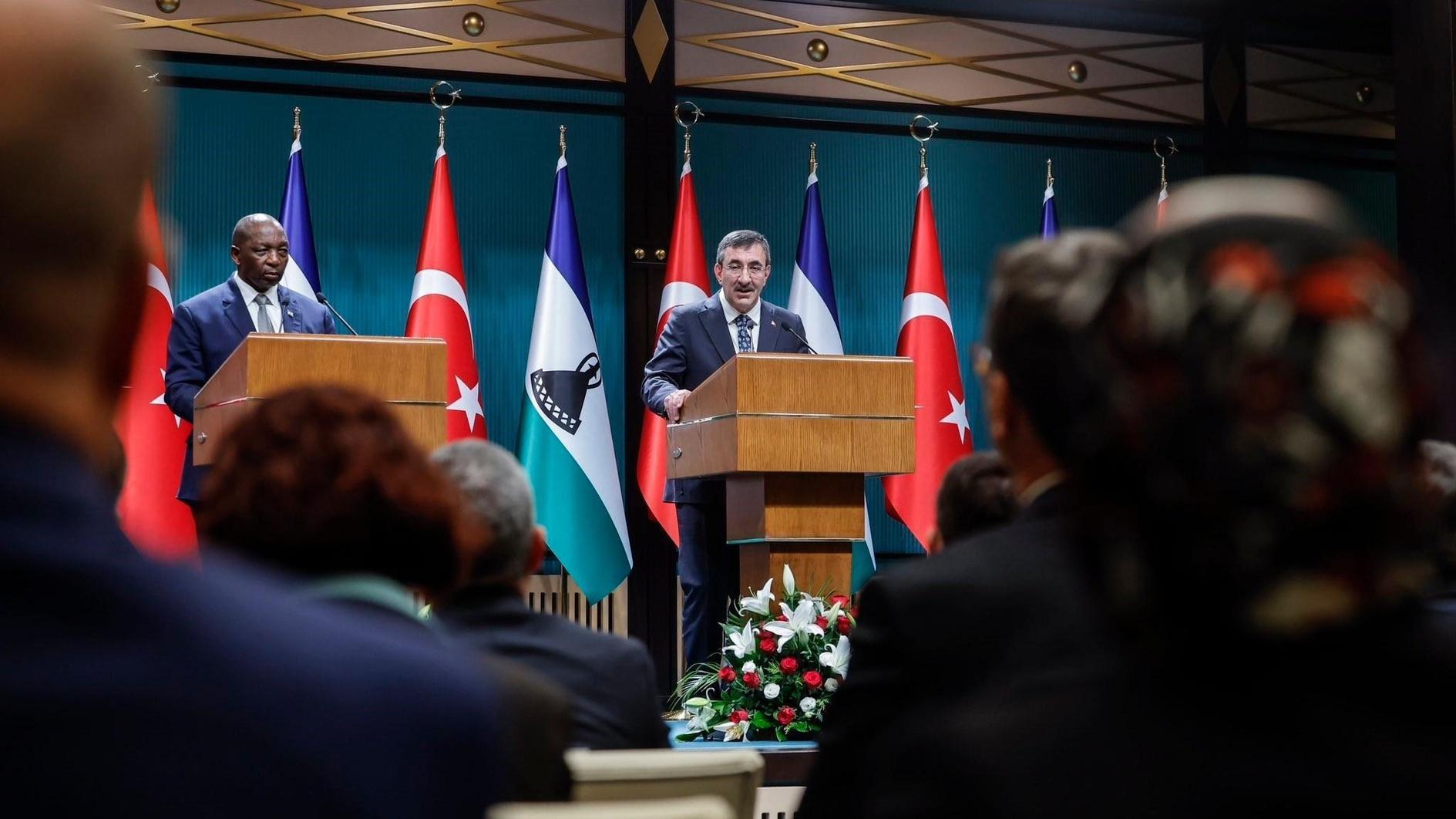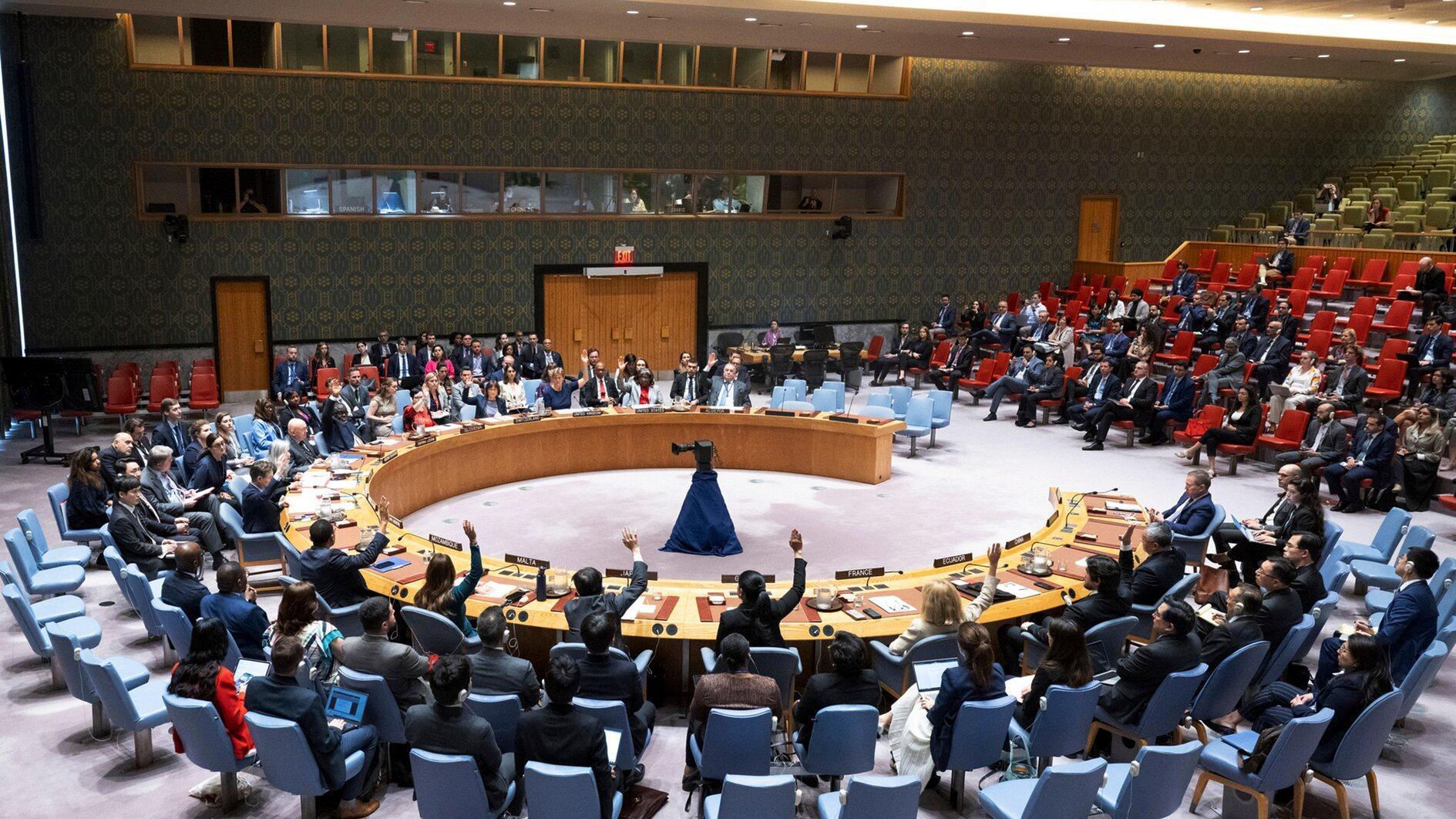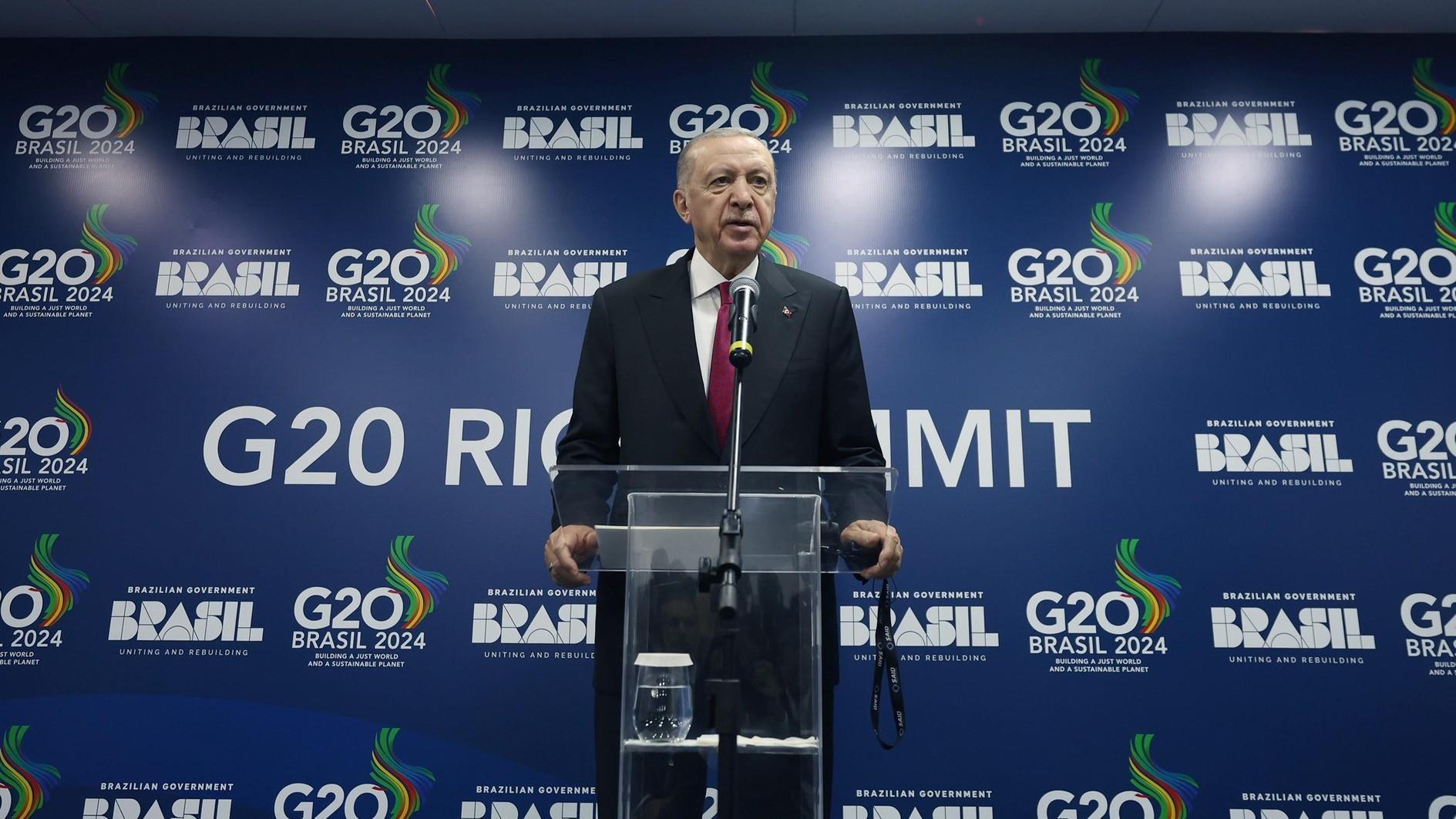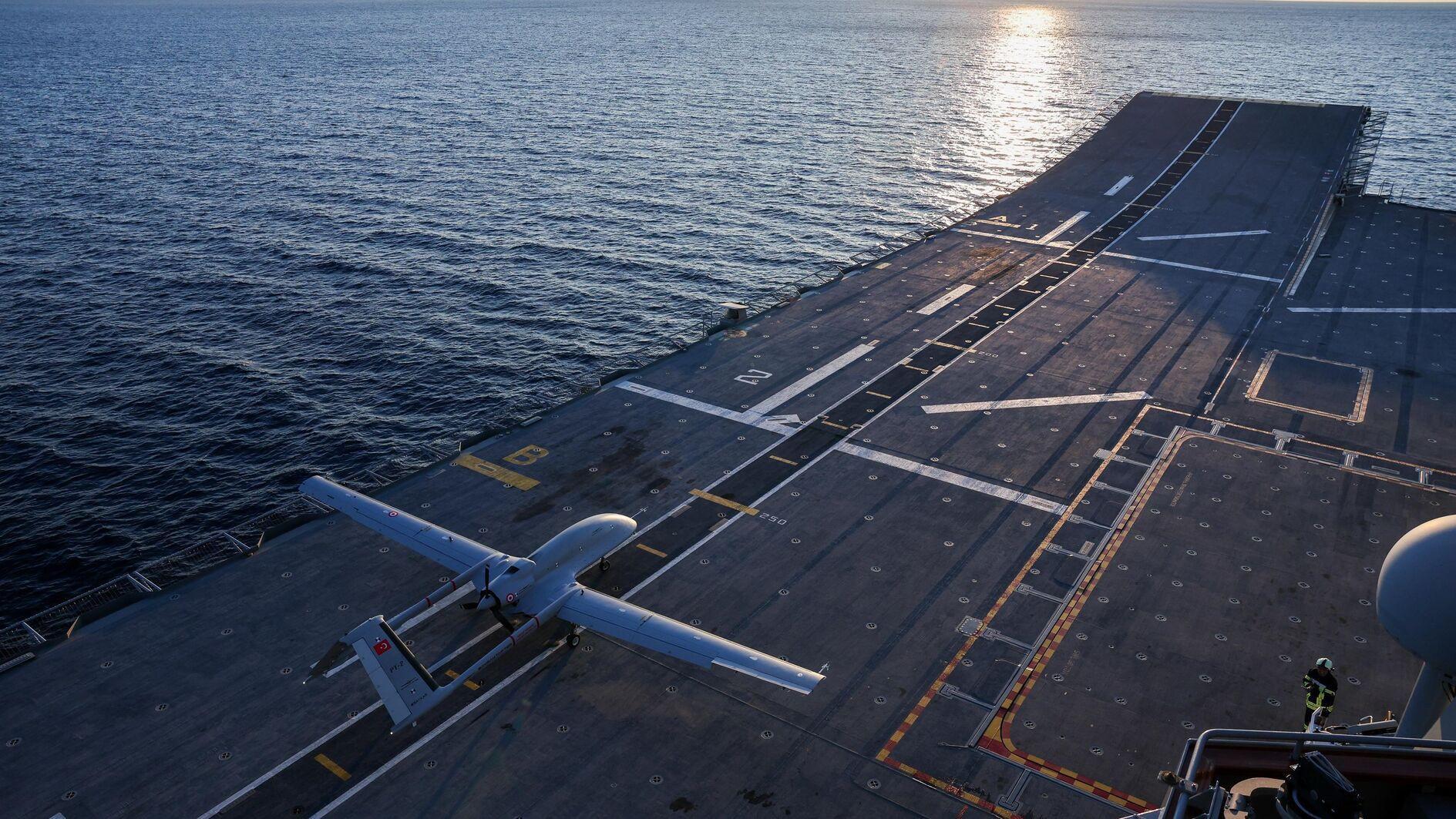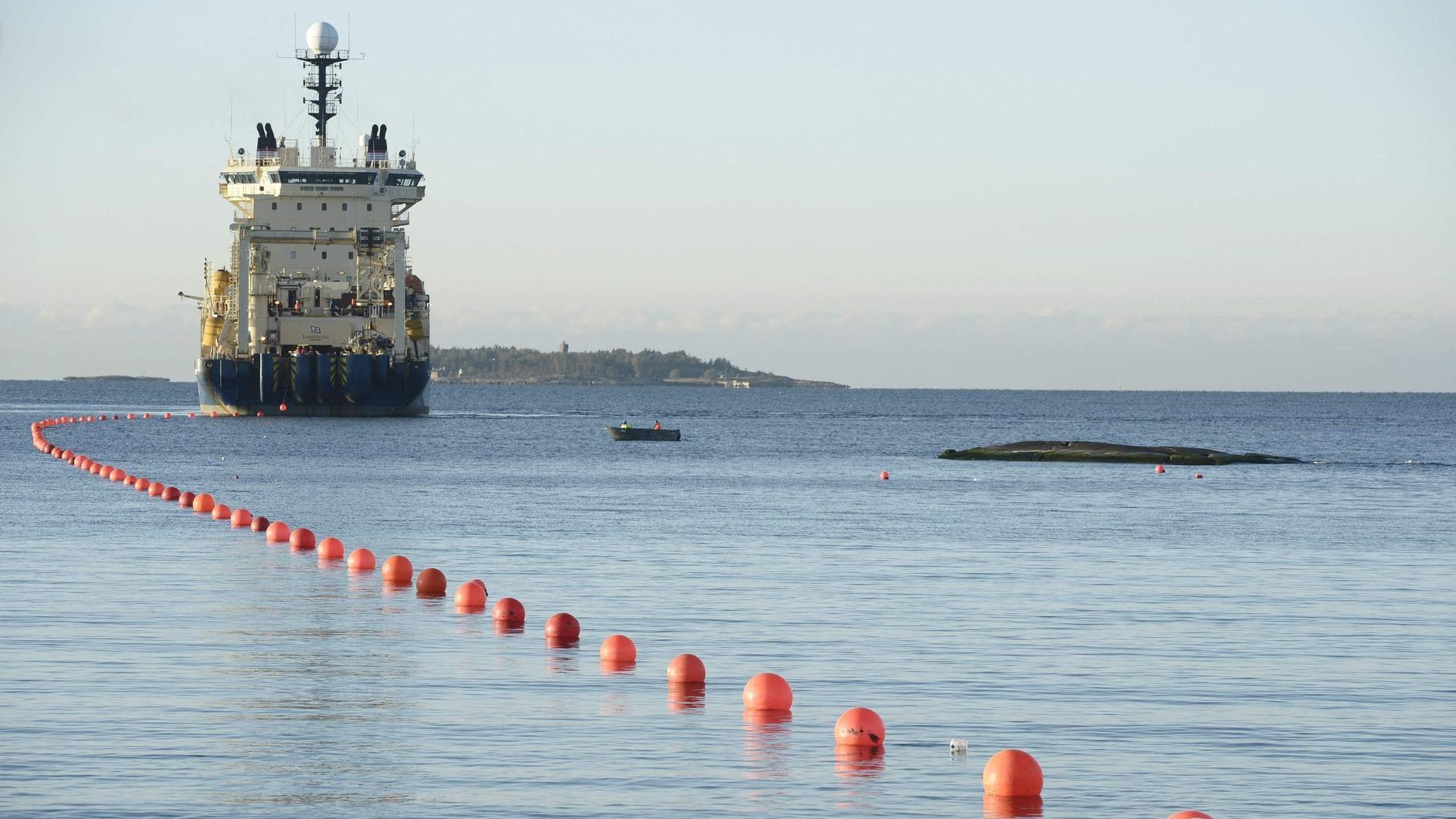‘Most appropriate’ route announced for ‘crazy’ Istanbul canal
ANKARA
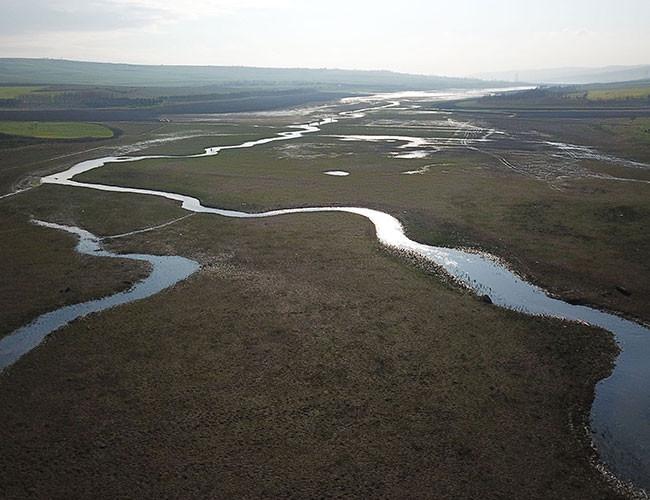
Turkey on Jan. 15 unveiled the “most appropriate” route for the planned Canal Istanbul project, an artificial sea-level waterway that would run parallel to the Bosphorus connecting the Black Sea to the Marmara Sea.
“The Küçükçekmece-Sazlıdere-Durusu corridor has been chosen as the most appropriate route for Canal Istanbul,” Transportation, Maritime and Communications Minister Ahmet Arslan said in a news conference in Ankara on Jan. 15.
Arslan said the route would extend for a length of 45 kilometers.
The route would start on the Küçükçekmece Lake, located between the districts of Esenyurt and Avcılar on Istanbul’s European side. It would then continue north through Istanbul’s Sazlıdere Dam and reach the Black Sea east of the Terkos Dam, located in the village of Durusu in the Çatalca district.
The Turkish authorities say the canal will be able to host 160 vessels a day and thus provide relief to shipping traffic, particularly oil tanker traffic, which currently has to wait in order to pass through the Bosphorus.
“The main objective of this project is to reduce potential risks posed by ships carrying dangerous materials, passing through the Bosphorus Strait. We also aim to create better and modern living conditions for our citizens through urban transition projects to be carried out along the planned sea route,” Arslan told journalists.
The minister added that Turkey’s leading universities, such as Istanbul Technical University (İTÜ), Middle East Technical University (ODTÜ) and Gazi University, as well as international experts are taking part in the project.
“We are carrying out comprehensive studies to minimize the impact of the project on underground water streams detected along the planned canal,” Arslan said.
However, opponents have warned of potentially catastrophic environmental consequences and criticized profiteers encouraged by uncontrolled urban expansion.
Canal Istanbul has been in the works for a number of years, with then-Prime Minister Recep Tayyip Erdoğan first heralding it as a “crazy project” ahead of the 2011 parliamentary elections.
Details of the project have long been shrouded in mystery and Arslan remained tight-lipped about its financing, simply noting that it would be “much bigger” than other projects.
“We are considering different options, including PPP [private-public partnership] and BOT [build-operate-transfer] to implement the project. We aim to finalize the tender process for the canal by the end of the year and the ground breaking process may also kick off within 2018,” Arslan said.
The minister declined to comment on the estimated cost of the project.
“At the moment Turkey’s largest project in the works is Istanbul’s third airport but the Istanbul canal will be much larger than this,” the minister added.
A consortium of Turkish construction firms won a tender back in 2013 with a 22-billion-euro bid to build and operate the third airport in Istanbul.
The third airport and the Istanbul canal are two examples of the government’s mega projects, designed to boost the country’s construction industry and domestic demand. Under Erdoğan, the government has spent billions of dollars on highways, bridges and other infrastructure projects.
When asked if the Montreux Convention would need amending because of the Canal Istanbul Project, Arslan said “the Montreux Convention regulates access to the Bosphorus Strait. However, the regulations for the Bosphorus and the canal our country plans to build to offer an alternative route are different. The Montreux Convention is totally a different matter.”
The 1936 Montreux Convention gives Turkey control over the Bosporus Straits and the Dardanelles and regulates the transit of naval warships.
The convention gives Turkey full control over the Straits and guarantees the free passage of civilian vessels in peacetime. It restricts the passage of naval ships not belonging to Black Sea states.


